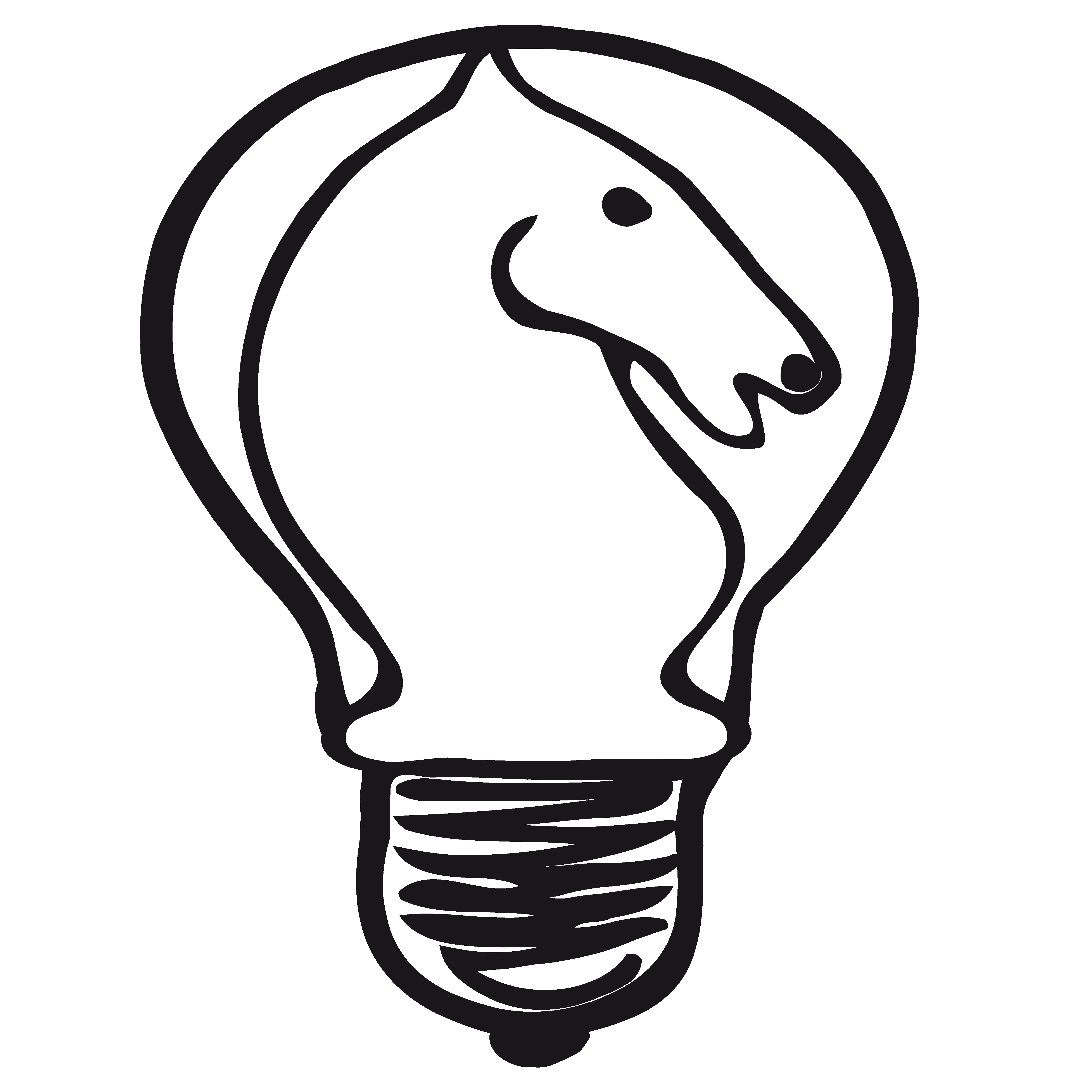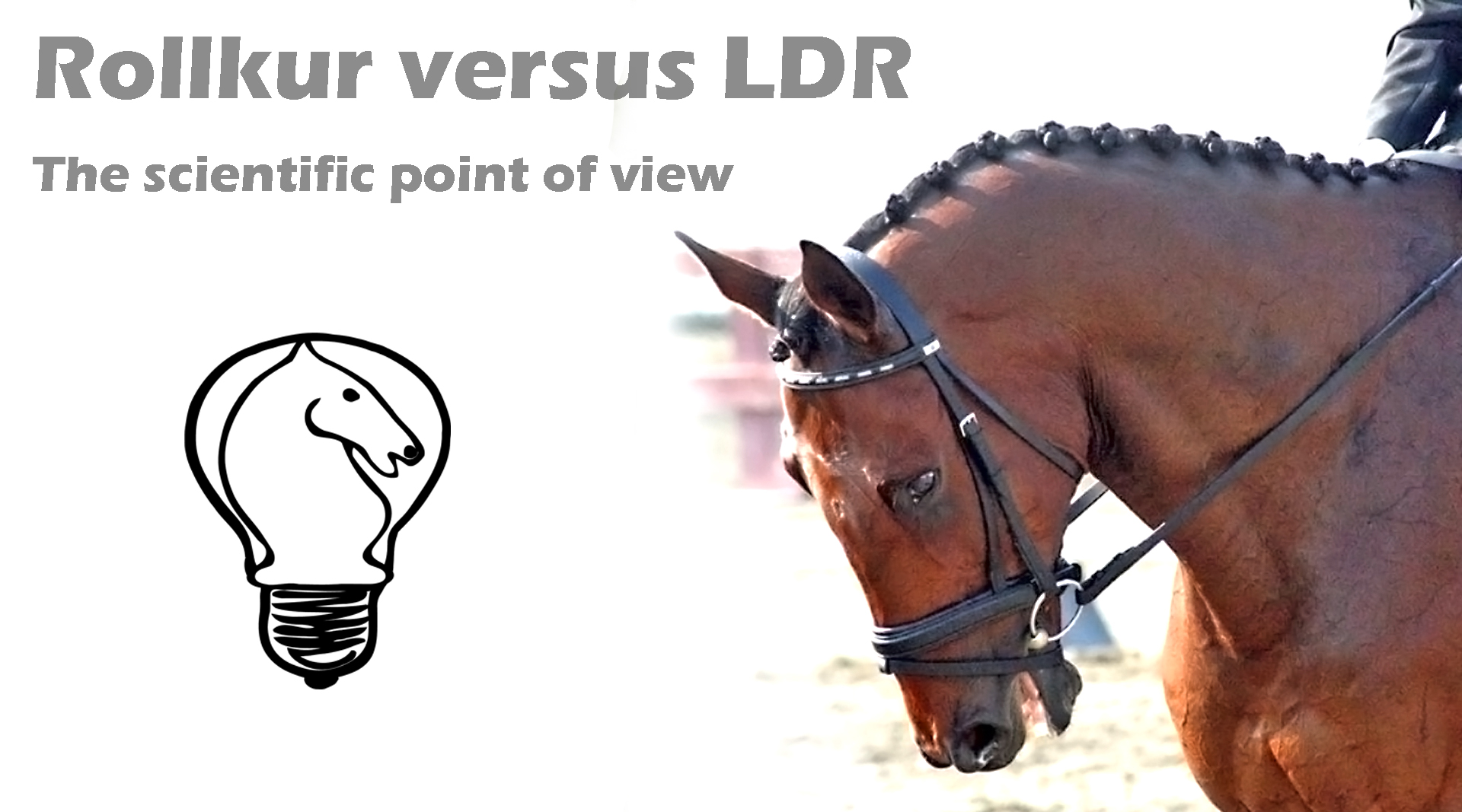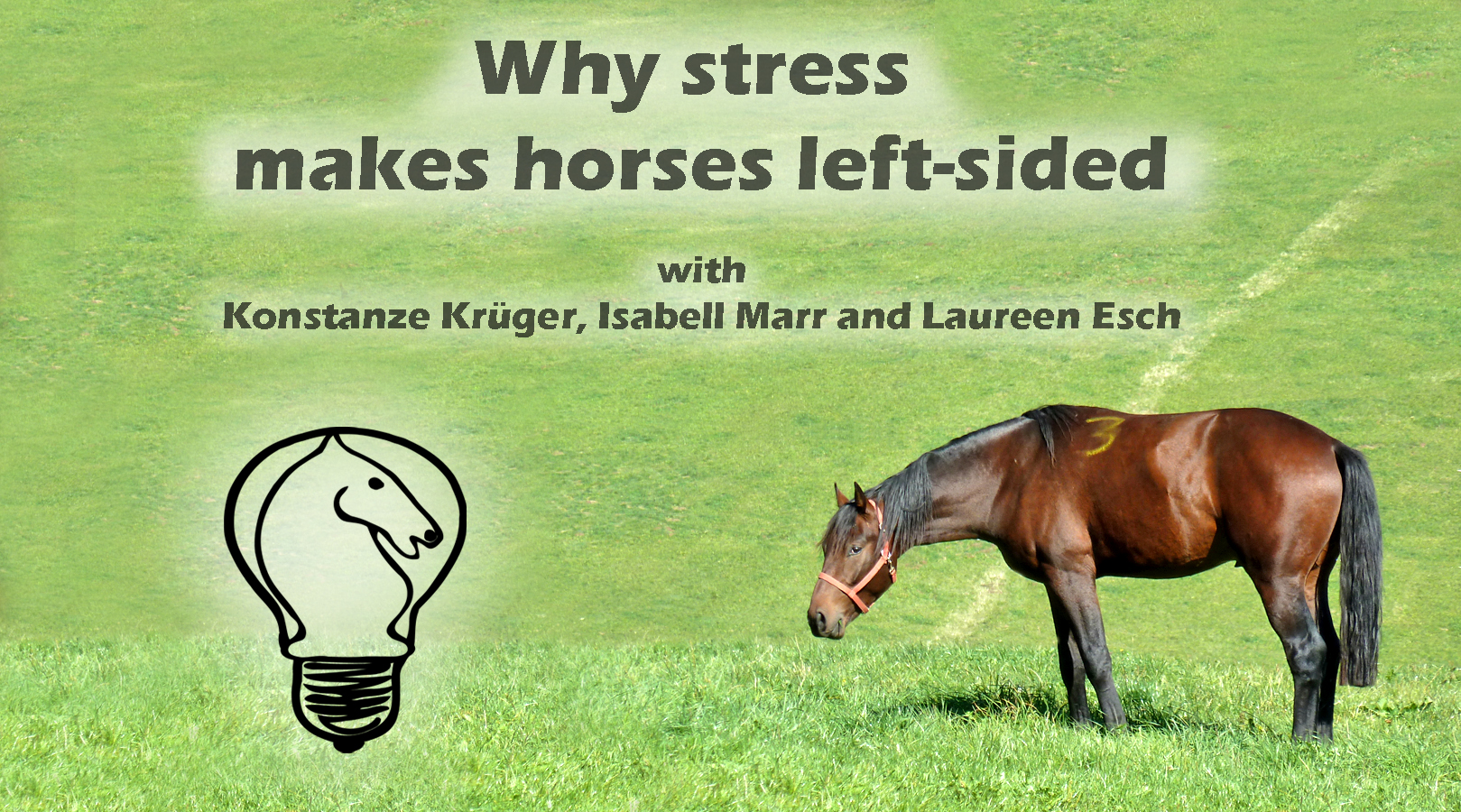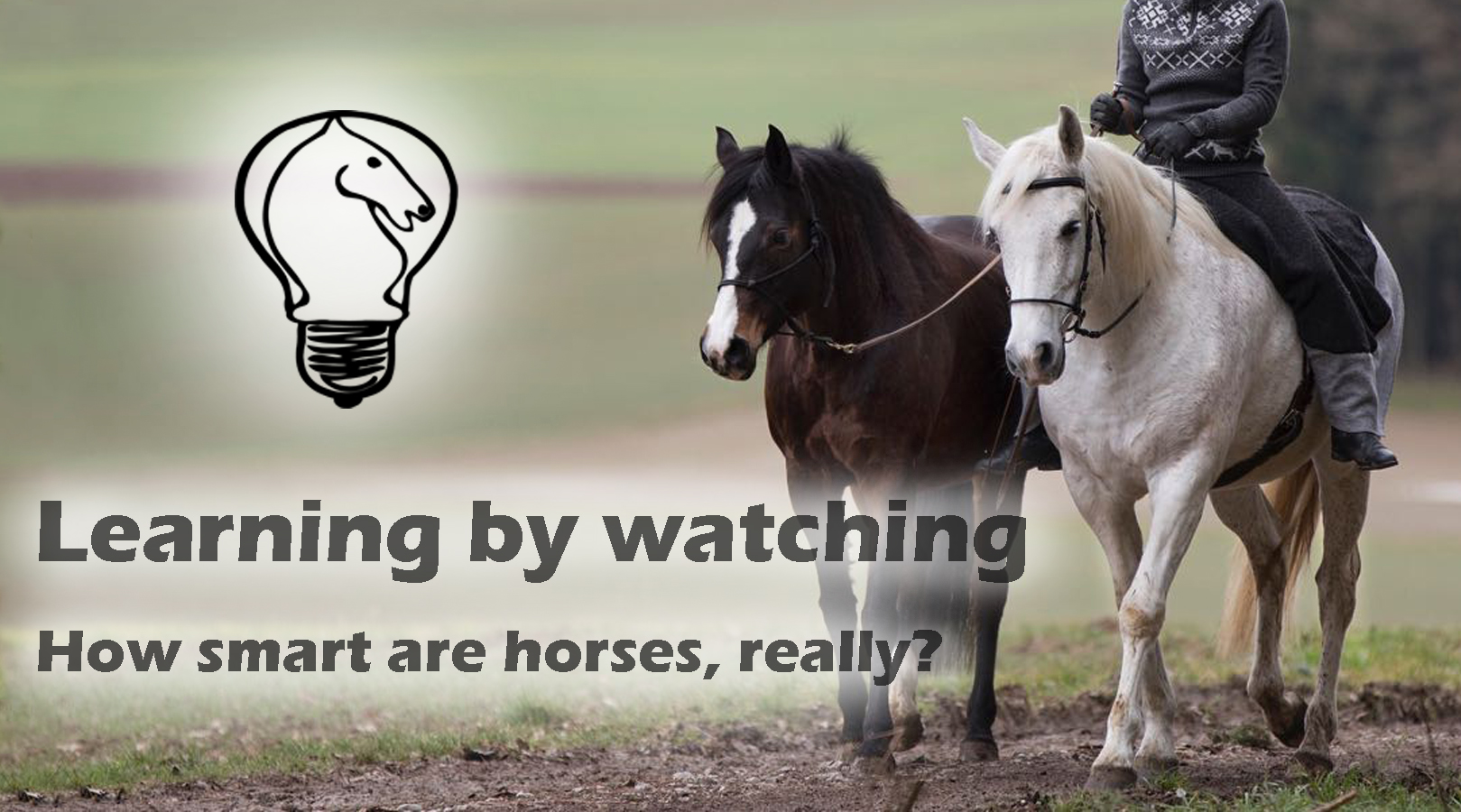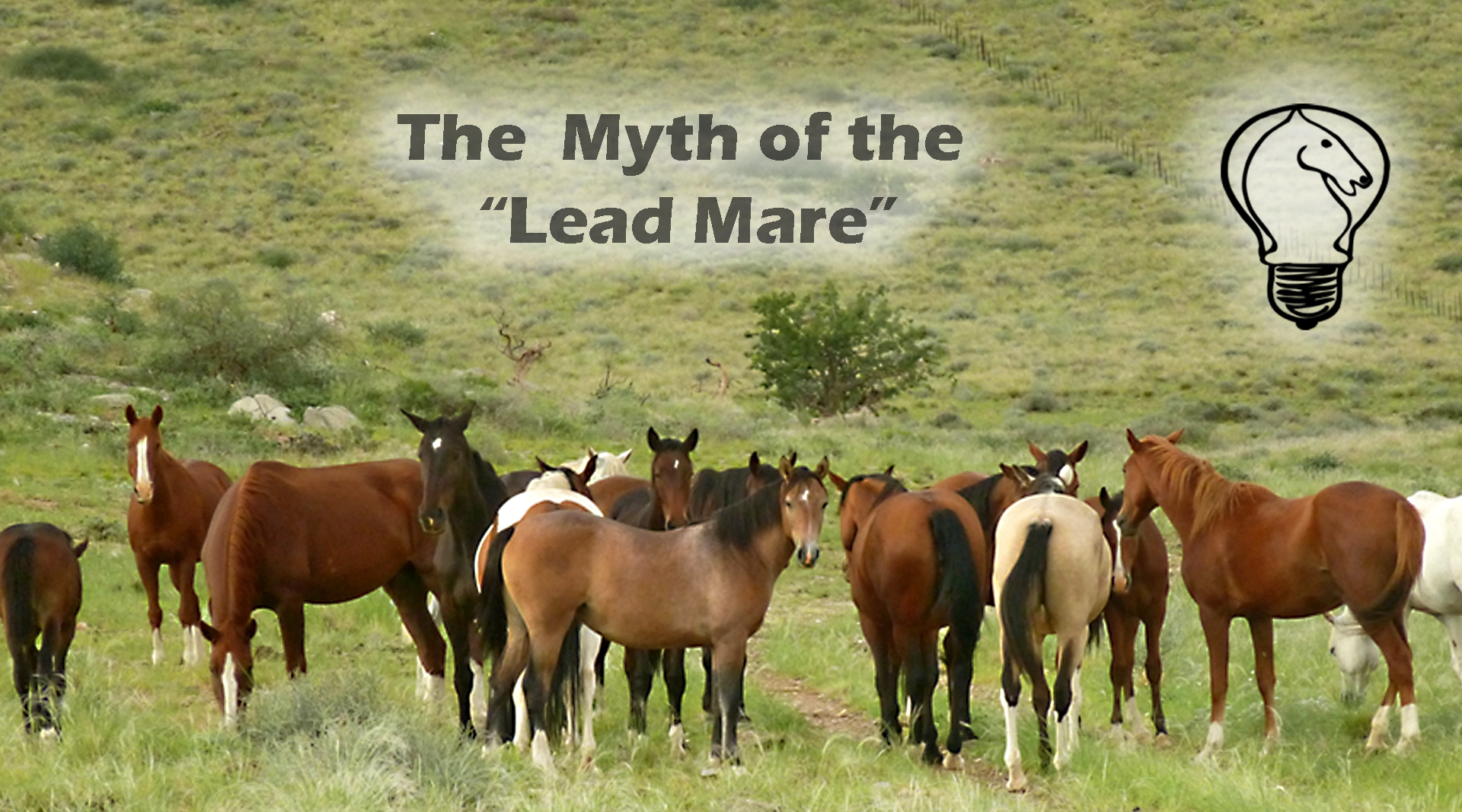The Beautiful Equine Mind
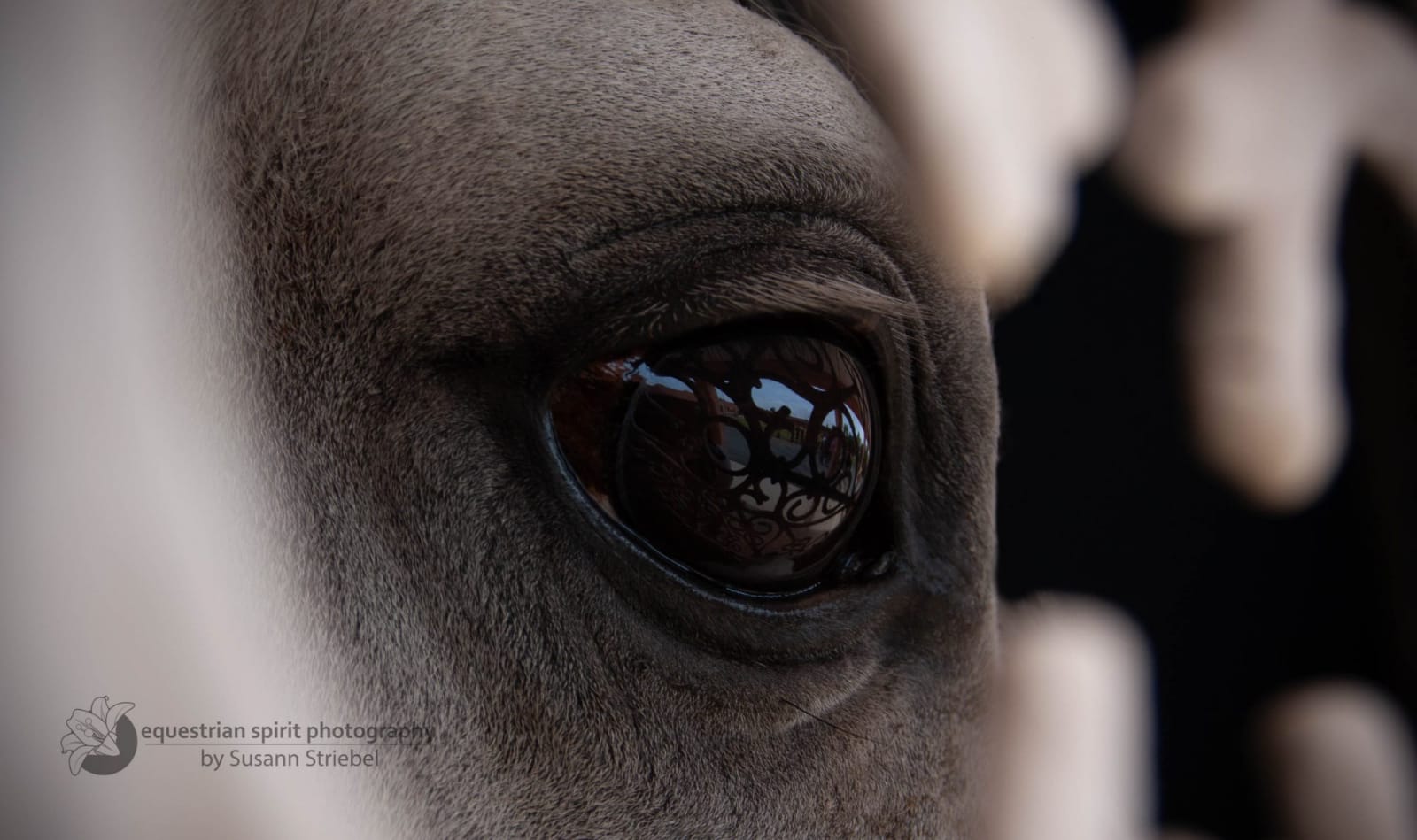
Preface
A couple of years ago I got a call from a veterinarian in Switzerland about a very clever horse and mule duo. Their owner was getting fed up with the mysterious daily appearance of long wooden sticks cluttering her clean stable floor. Every day, she’d clean up the sticks, and every morning, without fail, she’d find new ones. As if that wasn’t frustrating enough, she then realized that her hay bales were getting attacked and consumed. The horse and mule couldn’t possibly be the culprits—or so she thought. There was a wooden divider separating them from the hay bales, keeping their food stash, in theory, out of reach.
These curious equids didn’t care about theory, though. And for them, “reach” was just a challenge to be met.
Meet Jacky and Barton*. Equine tool masters. Smart equine tool masters.
In fact, what was happening—every single night—was that Jacky used wooden sticks to poke at the hay that was “out of reach,” and then to pull the hay under the divider and into his shared stall with Barton. And if that doesn’t impress you (like it did me), consider this: Jacky was planning his crime, collecting sticks in the paddock that he’d bring into the barn, to use as hay-fetching tools.
As for Barton, he never used the sticks. Did that make him the less intelligent one? Considering that he stood there every day watching Jacky do all the work for them both, probably not! But when Jacky had to be hospitalized for a few days, Barton found himself without his midnight snack-theft partner. That’s when he took over—going out to the paddock to pick out sticks, and bringing them inside and using them to get the hay for himself.
Here we have a case of equids showing not just one, but a series of complex cognitive capabilities. We see problem-solving, tool wielding, advance planning and strategizing, social learning, and possibly even advanced reasoning—selecting the “right” sticks for the job, and rationalizing that there’s no point in doing the work if someone else is already doing it. And what’s more, the case of Jacky and Barton isn’t even all that unique. Again and again, owners tell stories of horses that figure out how to open doors, gates, and even electric fences, sometimes having to go through several steps. They use sticks to scratch their backs. They pass food to each other through dividers. They shake trees to make apples fall to the ground. And they have a whole communication system among each other that we still don’t fully understand.
Yet every time we humans hear about stories like this, we’re surprised. We laugh; we share the videos on social media; we anthropomorphize and invent what human-like thoughts must be going through the mind of that horse or donkey. And then often we dismiss it as being a sort of one-off incident that doesn’t necessarily reflect the general level of intelligence of the equid species.
But why?
At the turn of the century, a famous Orlov stallion in Germany, Clever Hans, made international headlines for his inexplicable levels of intelligence. To the huge crowds of awed spectators gathered around him, he seemed perfectly able to not only count and spell, but also carry out advanced levels of mathematics by tapping out his answers with his hoof against the ground. Clever Hans created a stir in the scientific community during a period in which science was dubious of the intellectual capacities of animals in general—not just horses. Eventually a German psychologist, Oskar Pfungst, discovered that Clever Hans was responding to extremely subtle cues from his owner—so subtle that even the owner himself probably was not aware of them. And so it was decided: no, horses aren’t intelligent after all.
Is it this conclusion that’s somehow hardened our minds and eyes to including horses in the developing scientific notion that animals are intelligent? People are now fascinated by studies with crows, with their tiny brains capable of complex reasoning. We see research on cognitive skills of elephants and dolphins and of course primates, and we accept these animals to be intelligent. With the equine species, though, we’re just not there yet. The scientific community—as well as much of the general public—continues to view the horse as a rather unintelligent animal, capable of responding to conditioned cues but otherwise not really of thinking for himself or performing any real reasoning.
The equine science community in particular seems resistant to accepting that horses might have higher levels of intellectual capacity than what Oskar Pfungst found. But perhaps this is simply because we’re not looking at their intelligence in the right way. Perhaps horses can’t do complex mathematics, but they compensate with other highly advanced mental skills that humans lack. After all, could you answer difficult questions simply by detecting a slight change in heart beat or eyebrow tension from a person standing 10 meters away? That’s a whole level of cognition that essentially surpasses the entire human species.
Furthermore, horses are a prey species with strong social bonds and a significant need for movement and near-constant food intake. Their natural coping methods faced with threats or deprivation of their needs could seriously affect their expressions of intelligence. Some might withdraw mentally and emotionally; others might be overcome by their fight or flight instinct; others might be too afflicted by stress and health issues to be able to have proper mental function. And there’s an entire added level of complexity in dealing with their social connections with one another, as their respect for hierarchy is primordial. The way humans have historically managed, housed, and trained horses probably has a direct consequence on their cognitive capacities. If, in addition to that, science is testing these horses’ intelligence levels in tests better designed for other species, or without taking social hierarchy into consideration, it’s likely that the results will end up significantly skewed.
In this book, we’ll be taking a step away from preconceived notions about equine intelligence and looking hard at the evidence before us. All around us, across the globe, horses, ponies, donkeys, and mules are giving us signs that they can think for themselves, that they can find solutions to problems, and that they are, in fact, intelligent. We owe it to them to give them the chance to express that intelligence. And we want them to do it in a way that leads us to a better understanding of these magnificent creatures who share our world and our lives. If we can tap into their brains, so to speak, by observing them with an unbiased scientific eye, we can start to unravel part of the mystery that is the beautiful equine mind.
*Names changed to respect the owner’s privacy
The Beautiful Equine Mind explores the science and the real-life stories of brilliant equids. Written by an internationally recognized team of equine science experts, this book validates what so many owners already believe, despite being told otherwise—that yes, horses are intelligent creatures. Growing out of the research in the field and the anecdotes about the amazing feats that equids across the globe accomplish, The Beautiful Equine Mind revolutionizes our understanding of equine cognition.
